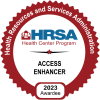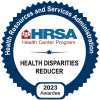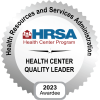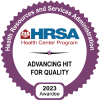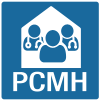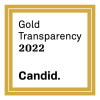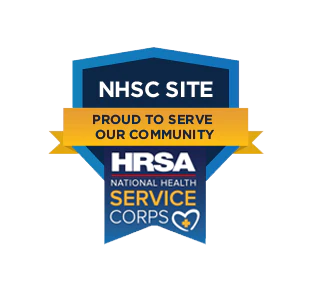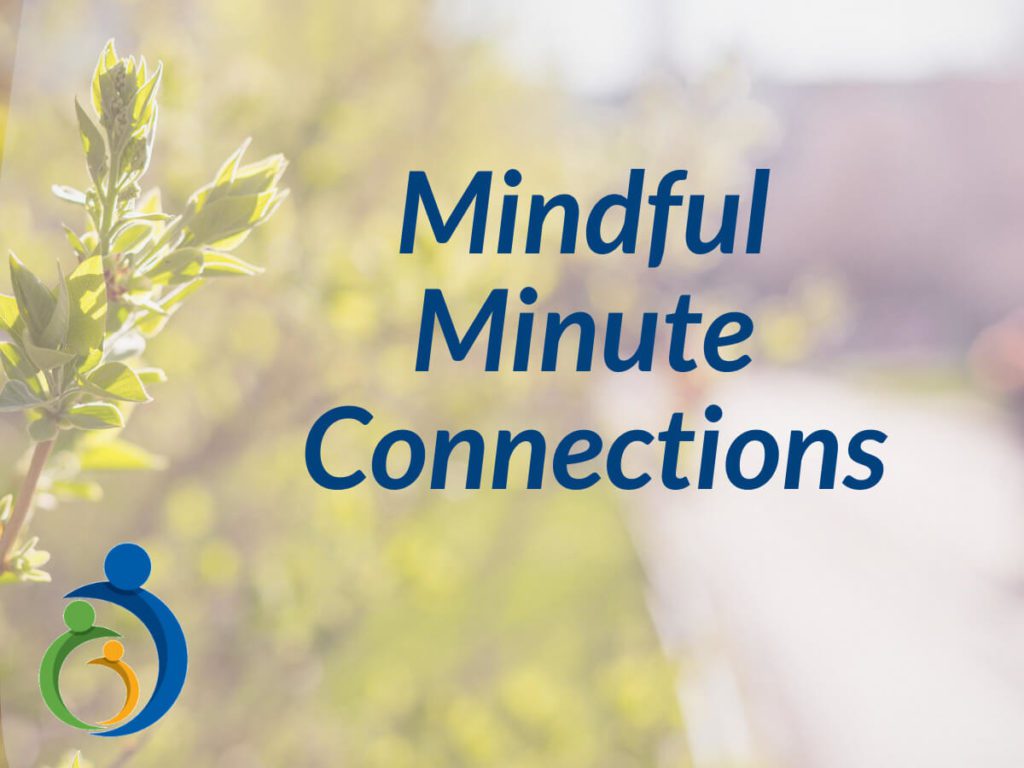
This blog post was written by Lauren Rick, MSW, APSW, a behavioral health therapist at the Beloit Area Community Health Center.
Gathering information is generally a good thing, until …
With information for anything and everything literally at our fingertips, it’s easy to want to come to our own conclusions when we are figuring out a problem. Gathering information is generally a good thing; the problem starts when we rely on inaccurate sources of information or feel that we are more knowledgeable than a professional.
Two types of “Dr. Google”
This Dr. Google is only interested in separating you from your hard-earned money. The internet is filled with ready-made “Doctors” that have discovered a “new” cure for an ailment. They have no education or experience in the medical field and they don’t need it because “the results are so amazing that they speak for themselves!”
The amazing results are not backed by research studies, or the studies are faked, and never happened. The results are revealed in informational videos that make you watch the whole presentation before the “doctor” gets to the main point. By this time the viewer is so excited by the prospect of feeling better that he can’t wait to order the product:
“Buy now before it runs out! It will cost you only $XX.99 for a monthly supply!”
“But wait, there’s more! Buy 3 months of product, you save $5.00, if you buy 6 months, you save $20.00, AND we’ll throw in free shipping!”
Of course, they will throw in a 14 day money back guarantee, which is important because you haven’t tried the product yet! How many of us have tried the product and find out that a sugar pill is more effective for our problem?
Perhaps the most dangerous Dr. Google of all is you. When you feel like all your research makes you more knowledgeable than the average physician or psychiatrist. After all, you took all that time to look up all the symptoms, diagnose yourself and determine the right treatment plan for your condition!
All you need now is to find someone to prescribe the medication for you, because you can’t get licensed for that without the proper credentials. Unfortunately, the government does not recognize your five years of google research experience worthy of licensure.
Many patients come to their providers already knowing what they need. They disregard the professional’s years of training, education, and experience that go into determining a diagnosis, and drafting a treatment plan. Those patients come in knowing what they feel is wrong, how they want to treat it and want little to no input from the clinician. All they want is a prescription, which they are positively sure it will solve all the problems in their life.
Do your research, but also trust the professionals
Being knowledgeable about your health is a good thing. It’s ok to have an opinion or suggestion to make regarding your health care treatment. More importantly, the best way you can contribute to your health care is to be aware of the changes in your body, mentally, physically, and emotionally and bring that information to you at your doctor’s appointment.
Some of the following questions they might ask you are:
- When did the symptoms start?
- What changes in your body have you noticed?
- How have the symptoms affected your daily life?
Many times, the doctor is a like a detective-sorting through the evidence of the “case” so they can “solve it” with a diagnosis and/or a treatment plan. The more information you have about your body and your symptoms can help the practitioner come to an accurate diagnosis, saving money, time, and possibly eliminating unnecessary treatment and tests.
Choose to research if you must, but instead of using the information to demand a specific treatment, use what you’ve learned to start a conversation, partnering with your doctor to achieve your best result in a healthier you!






